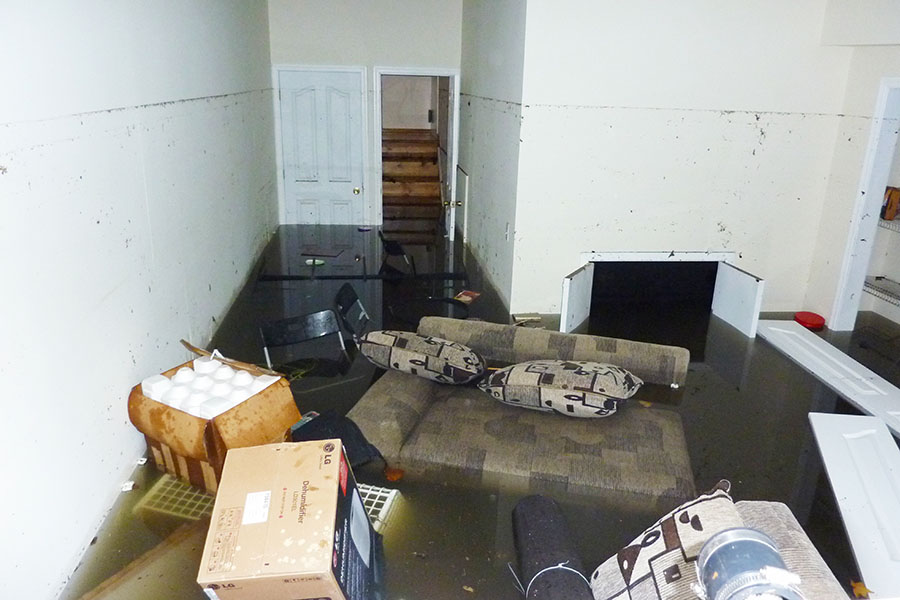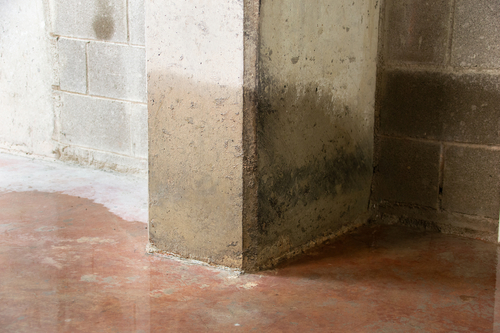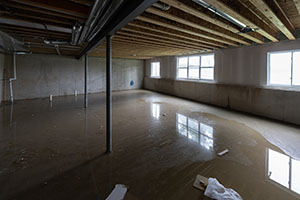Ferguson Flood Cleanup
Do you have water in your basement? We can help!
Call Now: (877) 737-8740
We’re available 24 hours a day, 7 days a week to take your call, and we can be on-site in 30 minutes or less!
30 Minute Response
Open 24/7/365
Work With All Insurances
Free Estimates
Licensed & Insured
1,000+ Homeowners Helped




Our Services
WATER REMOVAL
MOLD REMEDIATION
FIRE DAMAGE RESTORATION
Ferguson, Missouri, a small suburb of St. Louis, hit the global headlines in August 2014, thrust into the forefront of heated discussions about racial inequality and police brutality. The tragic death of an unarmed black teenager, Michael Brown, by a white police officer ignited long-standing tensions that had been simmering beneath the surface of this seemingly ordinary American town. It immediately became a symbol of deep-rooted societal issues that touched people far beyond its city limits.
What captured my attention about Ferguson was not just the incident itself, but the subsequent swelling of the black lives matter movement and the transformative power of social media in amplifying voices that had long been marginalized. With hashtags like #Ferguson and #HandsUpDontShoot, a new wave of grassroots activism emerged, attracting national attention and igniting impassioned debates about race and justice.
While many criticized the looting and violence that ensued, others recognized the underlying frustration and despair that had been building for generations. It highlighted the urgent need for open, honest conversations about the systemic racism that still plagues our society. The Ferguson protests became a catalyst for a broader dialogue about the state of race relations in America, shining a harsh light on the structural inequalities that persist.
Though the spotlight dimmed over time, the impact of Ferguson remained. It sparked a renewed sense of urgency for change, prompting communities across the country to confront their own demons and work towards a more just society. Ferguson, in its own chaotic and tragic way, became a powerful symbol of the unresolved struggles that continue to divide us.
As I reflect on the significance of Ferguson, I am reminded of our collective responsibility to confront the uncomfortable truths that lie beneath the surface. It serves as a stark reminder that progress is not inevitable, and it requires active engagement and empathy from all of us. The legacy of Ferguson implores us to keep pushing for change, to challenge power structures, and to never allow the voices of the marginalized to be silenced.